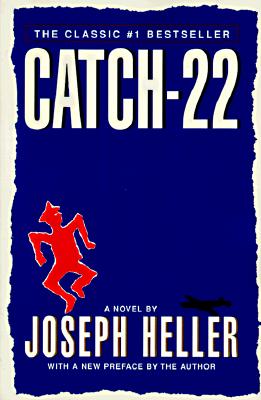Thursday, May 6, 2010
Angelology: A Review
Danielle Trussoni's first novel, Angelology, has garnered many wonderful reviews (New York Times, Book List, etc.), so I was really looking forward to reading it. It's not an awful book; however, I believe that there needed to be more editorial suggestions given to its author. A major section of reminiscence was rather wooden. In addition, I was never sure if this was memory/dream or a verbal explication by the character.
The mythical basis of the novel also needed a better rendering as well as the history of "angelology". Almost forty years ago while I was an undergraduate I took a wonderful course in Biblical literature (Torah, Tanach, NT, and Aprocrypha). The main basis for the novel's universe is a few lines from Genesis and the very late (1st century BCE) apocryphal Book of Enoch, which is one of the main sources for the so-called fall of the angels. There is one small notice in Genesis that a group of angels who watch over humanity decide to marry the daughters of men. Their children were called giants or nephilim. As far as I know, there was no prohibition of this by Yahweh (nothing in Genesis). However, later authors (Enoch) posit that this was in fact the case. (This is not the so-called fall of the Light-Bringer, which again is a very late story. He is in fact the angel who tests Job.) As can be seen, these particular mythoi are very confusing.
Now, as many readers of this blog already know, I do not live in a bifurcated world, one of pure whites and pure blacks. However, the author posits a bifurcation between the nephilim and humanity: nephilim = black/evil; humanity = white/good. However, the angelologists appear to me to be quite immoral and unethical in their own way. In addition, I felt a degree of regret/tristesse underneath the surface. In many ways I thought that the angelologists created their own enemy.
So, I am interested in seeing how the author will be able to get everything out of the mess she has already made. I did like the ending in some ways -- not in other ways. I'll leave it for you to decide.
Yes, the book has been optioned and there will be a sequel.
I would rate this between a C and a B.
The mythical basis of the novel also needed a better rendering as well as the history of "angelology". Almost forty years ago while I was an undergraduate I took a wonderful course in Biblical literature (Torah, Tanach, NT, and Aprocrypha). The main basis for the novel's universe is a few lines from Genesis and the very late (1st century BCE) apocryphal Book of Enoch, which is one of the main sources for the so-called fall of the angels. There is one small notice in Genesis that a group of angels who watch over humanity decide to marry the daughters of men. Their children were called giants or nephilim. As far as I know, there was no prohibition of this by Yahweh (nothing in Genesis). However, later authors (Enoch) posit that this was in fact the case. (This is not the so-called fall of the Light-Bringer, which again is a very late story. He is in fact the angel who tests Job.) As can be seen, these particular mythoi are very confusing.
Now, as many readers of this blog already know, I do not live in a bifurcated world, one of pure whites and pure blacks. However, the author posits a bifurcation between the nephilim and humanity: nephilim = black/evil; humanity = white/good. However, the angelologists appear to me to be quite immoral and unethical in their own way. In addition, I felt a degree of regret/tristesse underneath the surface. In many ways I thought that the angelologists created their own enemy.
So, I am interested in seeing how the author will be able to get everything out of the mess she has already made. I did like the ending in some ways -- not in other ways. I'll leave it for you to decide.
Yes, the book has been optioned and there will be a sequel.
I would rate this between a C and a B.
Subscribe to:
Post Comments (Atom)










































No comments:
Post a Comment